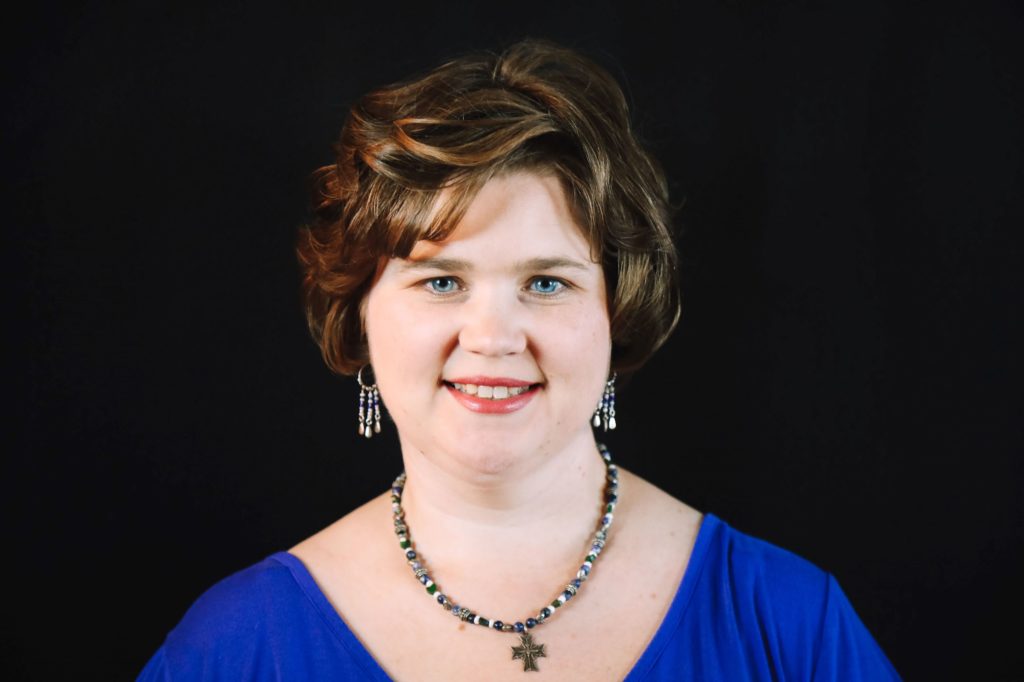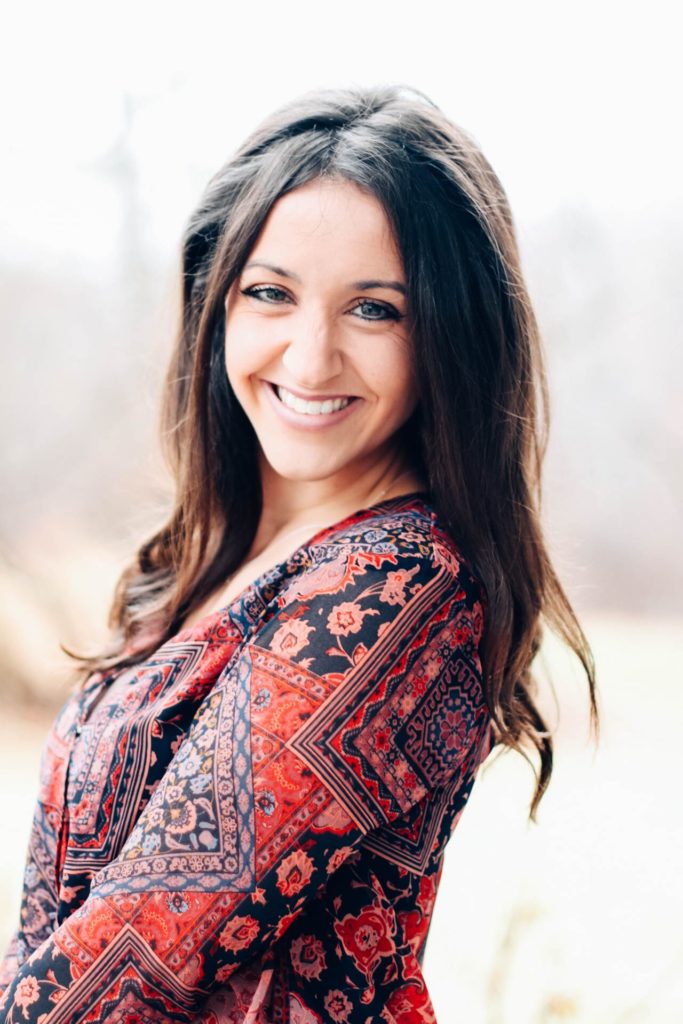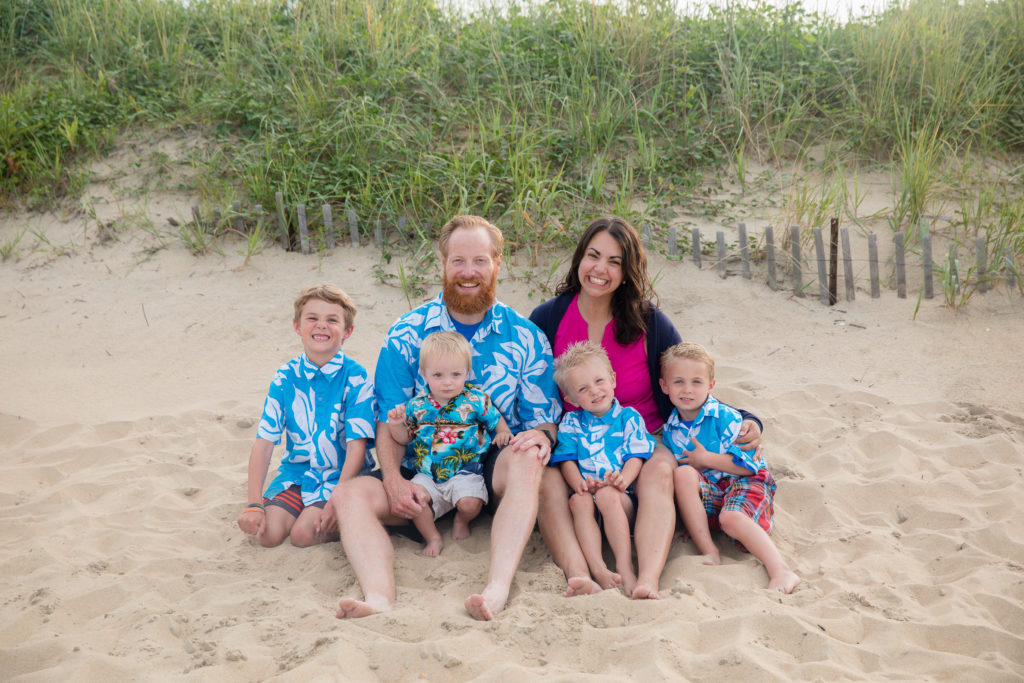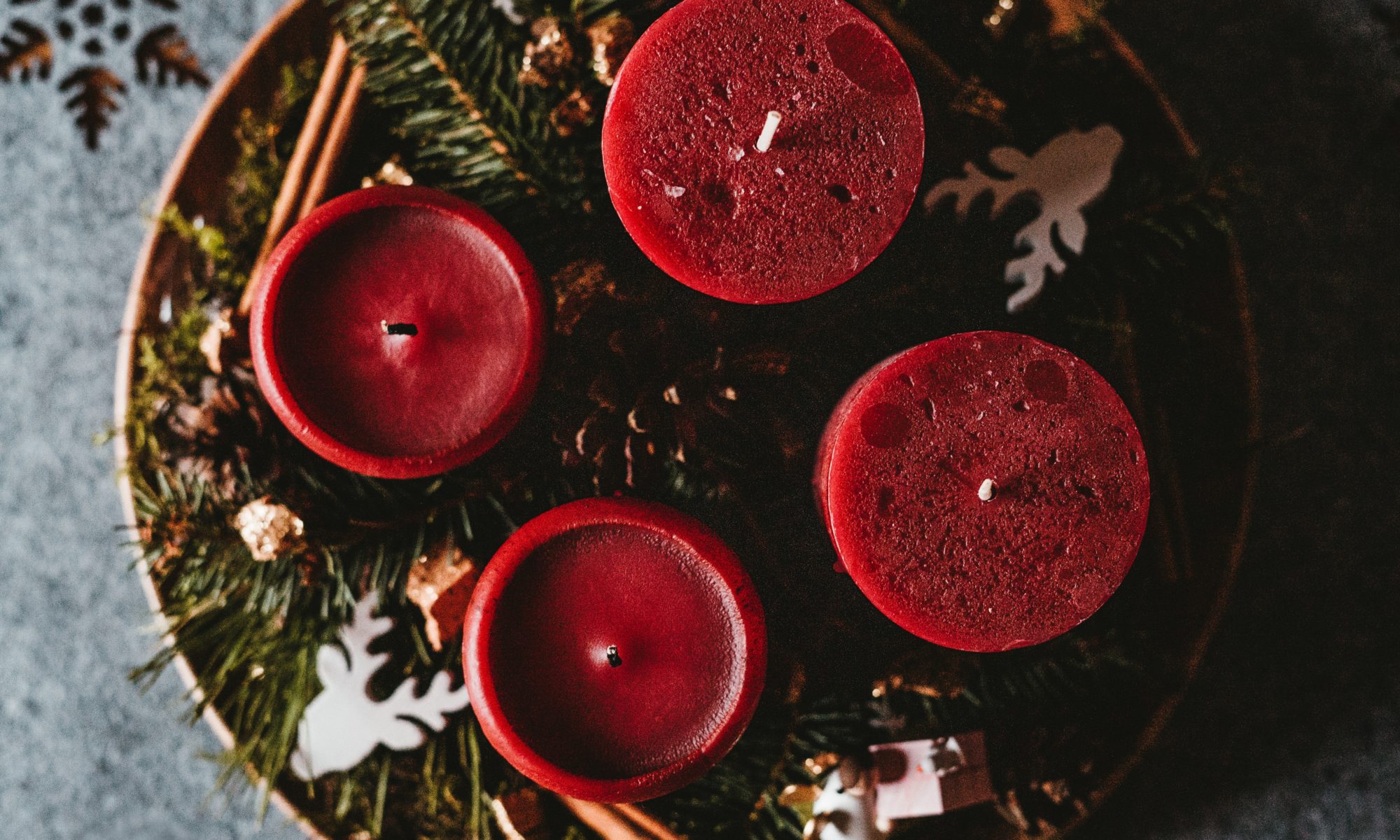The story I am about to tell is not glamorous.
Let’s just clear that up right now. If you’re looking for a story that involves a Pinterest-perfect kitchen, or a ball gown, or piles of riches—find a different show to listen to today. I’m about to talk about barf.
In 2015, I had just gotten married and was overjoyed to be pregnant with my first child. Benjamin would come barreling into our lives in April of 2016. But the autumn before—the one where I was deep in my first trimester—was perhaps the hardest period of my entire life.
I get self-conscious talking about sickness while being pregnant. For starters, I have friends in real life who struggle with infertility, and it’s such a heavy cross. At the end of the day, we both know that were we offered the chance to switch crosses, they would, and I would not. So that’s something I feel needs to be said. Secondly, I’m often given a lot of advice from well-meaning people, but it’s advice that isn’t always helpful. Because when you’re suffering from hyperemesis gravidarum like I was, you’re far beyond the helpful tips of “try eating a few small meals a day” and “Have you tried ginger?”
Hyperemesis is an unexplained extreme nausea during pregnancy. It’s not the typical morning sickness, where women feel queasy for a few weeks and throw up a handful of times. When I was pregnant with both of my kids, I was throwing up almost every single day for nine months. I had to be hospitalized multiple times, I was living off Pedialyte and Ensure, and I was on multiple pharmaceuticals that seemed to be doing a fat load of nothing. What can I say—Kate Middleton and I have a lot of things in common.
So, the moment of longing that I have felt the most intensely was not longing for a knight in shining armor, or longing for a huge advance in my career, or longing for spiritual sainthood. No, when I think longing, I honestly think of my bathroom floor.
Because that’s where I spent so many nights of that pregnancy. Just throwing up, throwing up, throwing up. My husband is world’s heaviest sleeper—we often joke that if someone were to break in, we’re all getting murdered because there’s no way he’s even going to stir. So I was spending a lot of nights completely alone, in our tiny apartment bathroom. Head in the toilet.
I was longing for our child to be born so that I could get my life back. I was longing for anything—anything—to sound good to my stomach again. I was longing for a margarita. And most of all, I was just longing for it to end. It’s hard to explain what 24 hours, 7 days a week of nausea feels like, and honestly, you can’t understand it if you’re not there. Just know that I had a natural childbirth, and I would honestly do that once a month during pregnancy if it meant making the hyperemesis stop.
And so as I sat there, on the floor of that bathroom, wearing my husband’s t-shirt, my face streaked with tears and sweat, I just thought—I can’t do this. I can not make it another hour.
But there was one specific night where I felt God so clearly. You have to go through it.
One of my son’s favorite books is We’re Going on a Bear Hunt. In the story, this family goes to try and find a bear. They encounter all of these obstacles—the snow, some mud, a river—and they repeat over and over again, We can’t go over it. We can’t go under it. We have to go through it.
I felt God saying to me—you can’t go over this. You can’t go under it. You have to go through it.
I had to charge through those nights—nine long, agonizing, Zofran-filled months of those nights—because there was no other option. Even though I couldn’t, God could. I was as weak as I’d ever been, but admitting that to myself, truly seeing my own powerlessness, meant laying down in the palm of God’s hand. Because I did have to go through it. But God would carry me.
In the Gospel of Luke, 9:10-17, Jesus is telling his disciples, we have enough food. We have enough food for these thousands of people. And they’re just like…huh? We so obviously don’t. But God told them to take the fish and take the bread and share it among the people. So they did. Because what was the alternative? What else was there to do but walk along God’s path?
They just had to do what God was asking of them. It felt ridiculous, it felt impossible, it felt like a waste of time. But they couldn’t go over it. They couldn’t go under it. They had to go through it.
No matter what you’re longing for in this season, know that this season is not wasted. This season can be where you show God that you, too, can lay in His palm, and that you know he will carry you through all of those hard, holy things.
Claire Swinarski is the author of multiple books, including Girl, Arise: A Catholic Feminist’s Invitation to Live Boldly, Love Your Faith, and Change the World and the forthcoming children’s novel What Happens Next. She’s also the creator of the The Catholic Feminist Podcast, a top-ranked spirituality podcast with over one million downloads. Claire spends most of her time handing her two kids fruit snacks, strolling the aisles of Target, and making her poor husband watch The Great British Baking Show.









